Our Research
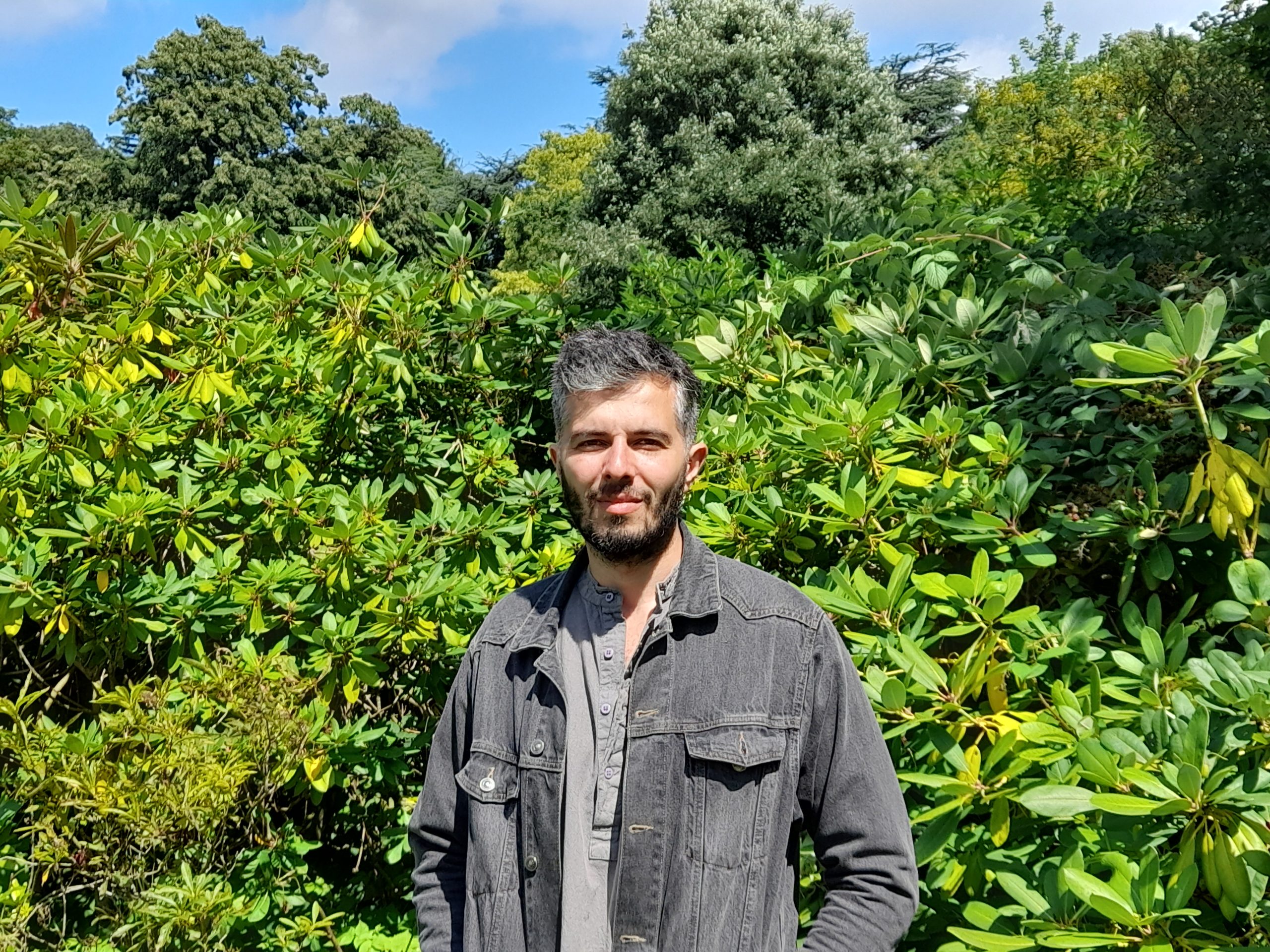
Ilya Afanasyev
Kemper Family Teaching FellowIlya Afanasyev did his DPhil (PhD) in History at the University of Oxford, with a thesis on the construction of national categories in twelfth-century England. His broader research interests include the history and theory of nationhood and ethnicisation across medieval and modern periods. More recently, he has been publishing on the cultural and intellectual history of ‘dynasty’, as well as co-writing a book on the long history of tribute and capital. Before joining Stanford’s Overseas Studies Programme at Oxford as a lecturer, he worked as a postdoctoral researcher at the Universities of Oxford and Birmingham and the Higher School of Economics, Moscow. In his teaching for Stanford, Ilya brings together his background in British history and his long-term interest in cultural studies.
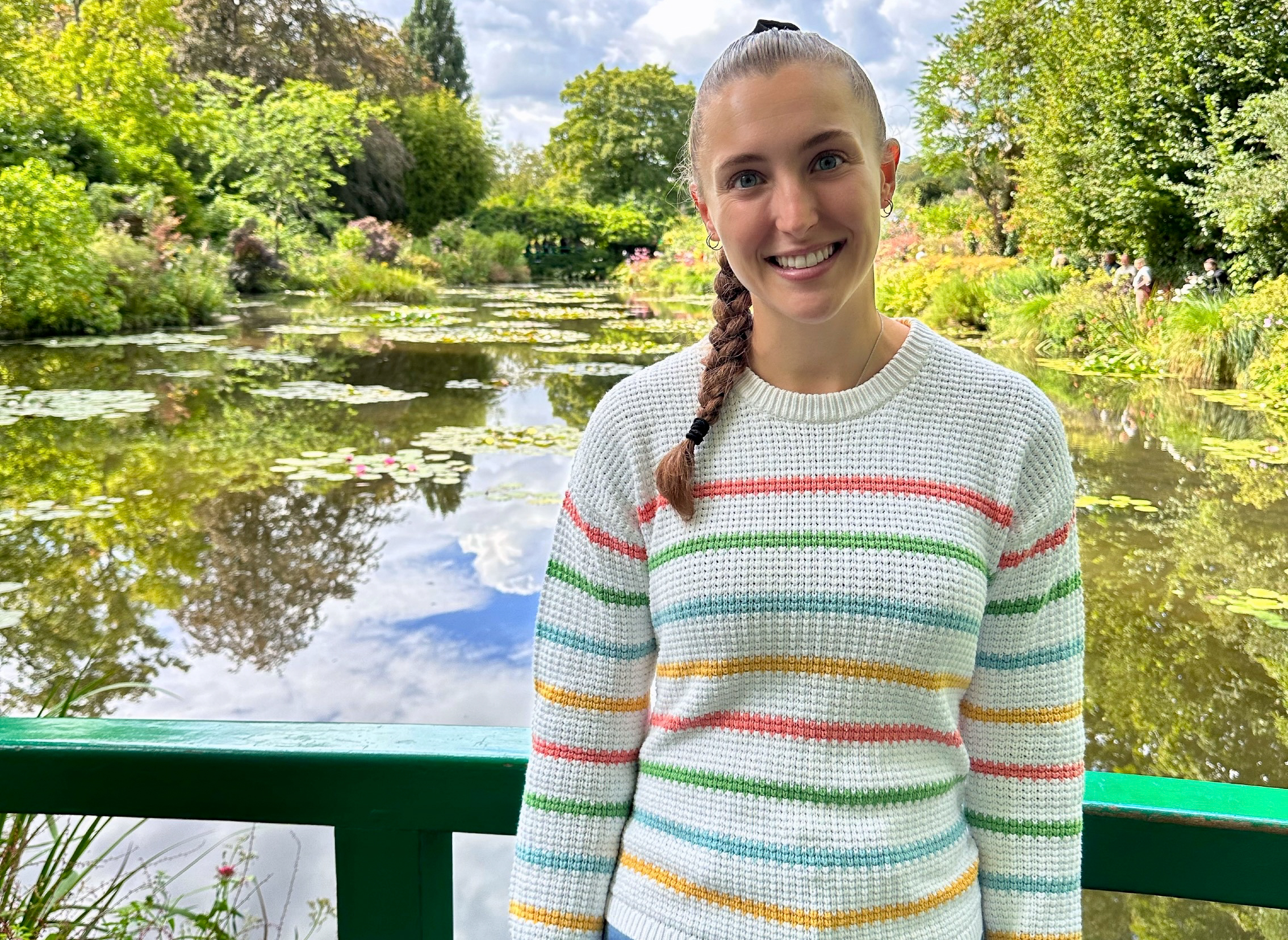
Lara Bampfield
Assistant Junior DeanLara Bampfield is a Wolfson Foundation scholar currently pursuing a DPhil in Assyriology specialising in Art and Archaeology. Her focus is on Old Babylonian and Kassite Cylinder seals. She completed a Master’s in Cuneiform and Near Eastern Studies at the University of Birmingham in 2021. Prior to this, she received her undergraduate degrees at the University of Iowa in both Art History and French Literature, whilst representing the university as a DI athlete on the hockey field. Lara enjoys all sports, going to art museums, travelling, and baking.
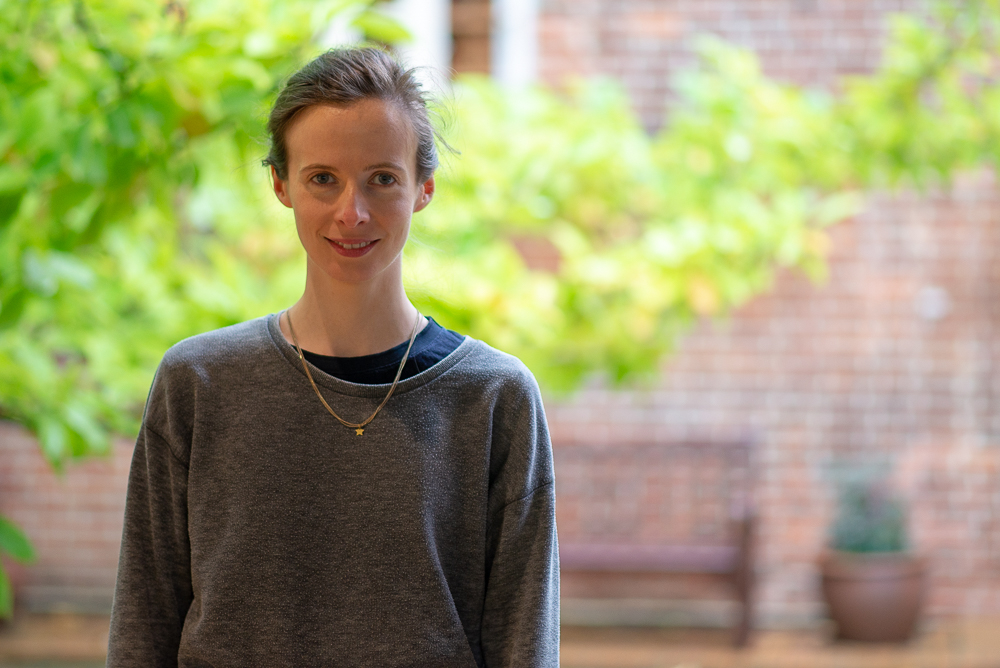
Olivia Reilly
LecturerMy doctoral research concerned the relationship between music and the poetry of Samuel Taylor Coleridge and has led to my current research into aural space and the concept of music in long 19th century poetry. The linking of music and morality in the period has led to my most recent work on ethics and literature, particularly in relation to literature and law, including human rights law. I am currently working on a joint, interdisciplinary article considering the relationship between the law and Coleridgean concepts of imagination. I have published in Romanticism and Paul Douglass and Frederick Burwick, eds. Romantic Era Songs (online).

Samuel Ritholtz
LecturerSamuel Ritholtz is retaining-fee lecturer at Somerville College and a doctoral candidate in the Refugee Studies Centre at the University of Oxford, where they study queer and trans experiences of conflict, crisis, and displacement. Sam’s broader research interests includes political violence, forced migration, gender, sexuality, and epistemology. Outside of academia, Sam has worked on human rights and gender issues for a range of institutions, including the United Nations’ Executive Office of the Secretary General as well as human rights organizations in Washington DC and Buenos Aires. Sam’s work has been featured in Migration Studies, Politics & Gender, Slate, the New Humanitarian, and Newsweek and the Daily Beast’s Women in the World Foundation. Originally from New York, Sam has an MSc in Refugee and Forced Migration Studies from the University of Oxford and a BSc in International Agriculture and Rural Development from Cornell University.

David Lehmann
LecturerDavid Lehmann teaches entrepreneurship and innovation at Stanford's Montag Center for Overseas Studies in Oxford. Drawing on insights from strategy, entrepreneurship, innovation, as well as political science literatures, David’s research delves into the various aspects of entrepreneurship, specifically the institutional contexts underpinning entrepreneurial activity. One of his core interests has been the role of state intervention for innovation outcomes from an economic philosophy viewpoint. He is currently a Research Assistant and Visiting Lecturer at Oxford Saïd Business School, where he is part of the Oxford Space Commerce and Governance Initiative. He also teaches as a Visiting Lecturer at ESCP Business School.
Our Team
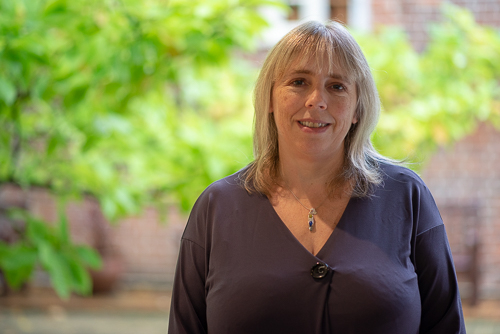
Mrs Sharon Scott
I joined Stanford University in 2012 after many years working for multinational corporate organisations. Principally, I am responsible for all the financial matters relating to the Stanford University in Oxford Centre. I also manage the relationships between the Centre and our local neighbours.
You can reach me at: sharon2@stanford.edu
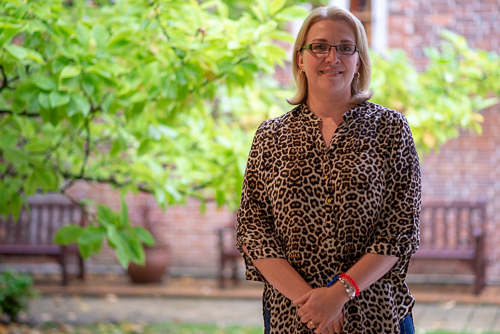
Mrs Autumn Tull
As Facilities Manager for the Stanford programme in Oxford, my primary responsibility is to ensure the proper maintenance of the historic building our program calls “home.” From health and safety to event coordination and student services, I partner with the centre’s maintenance coordinator, as well as numerous vendors, to ensure the Stanford House runs smoothly on a day-to-day basis. I also oversee the administration of the Kathleen Lavidge Bursary offered to first year students in Stanford’s partner colleges in Oxford University.
You can reach me at: autumn.tull@stanford.edu
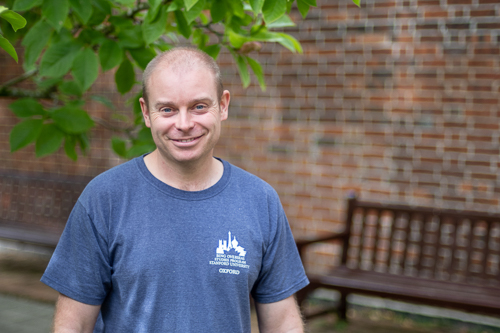
Mr Tom Cooper
I am the Maintenance Coordinator for Stanford University’s Montag Centre for Overseas Study. I look after the buildings and grounds at Stanford House while liaising with local vendors and traders to meet the centre’s needs. I work closely with the Facilities Manager and help set up for events at the house, and look after the IT/AV needs for the visiting lecturers.
You can reach me at: tcooper1@stanford.edu

